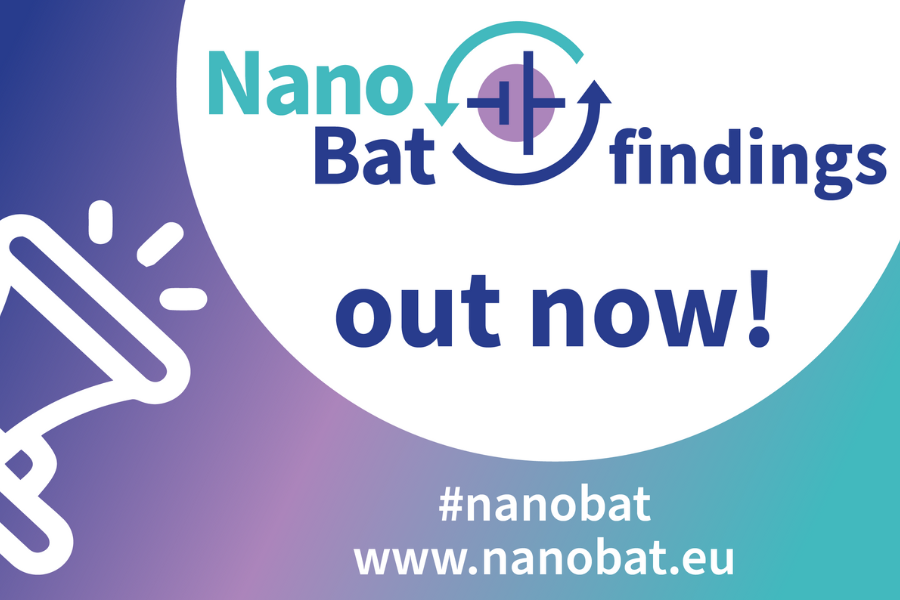EU Research Project NanoBat successfully comes to an end with innovative findings
After three intense years of ground-breaking research, the EU research project NanoBat ends with revolutionary solutions for battery production in Europe and beyond. The consortium of 13 academic and industrial partners have jointly developed a novel nanotechnology toolbox for quality testing of Li-on and beyond Lithium batteries with a particular focus on the nanoscale structure of the SEI (solid electrolyte interphase) layer – an electrically insulated layer preventing ongoing electrolyte decomposition and responsible for battery performance and safety.
“With the new NanoBat technologies European manufacturers and SMEs will be adequately equipped to create a competitive manufacturing value chain for sustainable battery cells in Europe”, says project Coordinator Dr Ferry Kienberger from Austria-based industry partner Keysight Technologies.
The findings will impact various future endeavours: With the development of the now patented Keysight hardware EIS (electrochemical impedance spectroscopy), new products can be commercialised. The same is true for the QWED software modelling for integration in QuickWave and the newly established QWED GHz scanner. Further advances provide the base for future development. This comprises the high-throughput measure station developed jointly by Keysight and Kreisel, the fast electrochemical cycle test implemented at IMDEA, the new virtual quality gate data analytics prepared at Technische Universität Braunschweig, and the new scanning probe techniques designed by Ruhr-Universität Bochum and University of Burgos. Last but not least, Pleione Energy has established a battery pilot line for pouch cells and supercapacitors available to the wider battery community.
Over time, the green production methods can be scaled up through the involvement of global players in the automotive industry and spread to additional markets, such as speciality batteries for satellites, green buildings, GHz-materials or modelling software.
The findings will also foster the EU’s industrial competitiveness and innovation capacity and have a positive impact on the circular economy and the environmental footprint of battery production, as more precise testing methods result in a decrease of energy and raw material use and waste.
Further information on the results of the NanoBat project are available on the website (insert url) including short videos detailing the individual innovations.
***
Project Key Facts
Title: NanoBat – GHz nanoscale electrical and dielectric measurements of the solid-electrolyte interphase and applications in the battery manufacturing line
Start: 1 April 2020
End: 31 March 2023
Budget: 4,966,912.50 €
Coordinator: Keysight Technologies GmbH, Austria
Website: www.nanobat.eu
Project Partners
- Austrian Institute of Technology GmbH, Austria
- Centro Ricerche Fiat, Italy
- EURICE – European Research and Project Office GmbH, Germany
- Federal Institute of Metrology METAS, Switzerland
- IMDEA Energy Institute, Spain
- Johannes Kepler University Linz, Austria
- Keysight Technologies GmbH, Austria
- Kreisel Electric GmbH & Co KG, Austria
- Pleione Energy S. A., Greece
- QWED, Poland
- Ruhr-Universität Bochum, Germany
- Technische Universität Braunschweig, Germany
- University of Burgos, Spain



